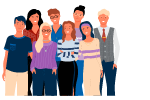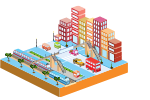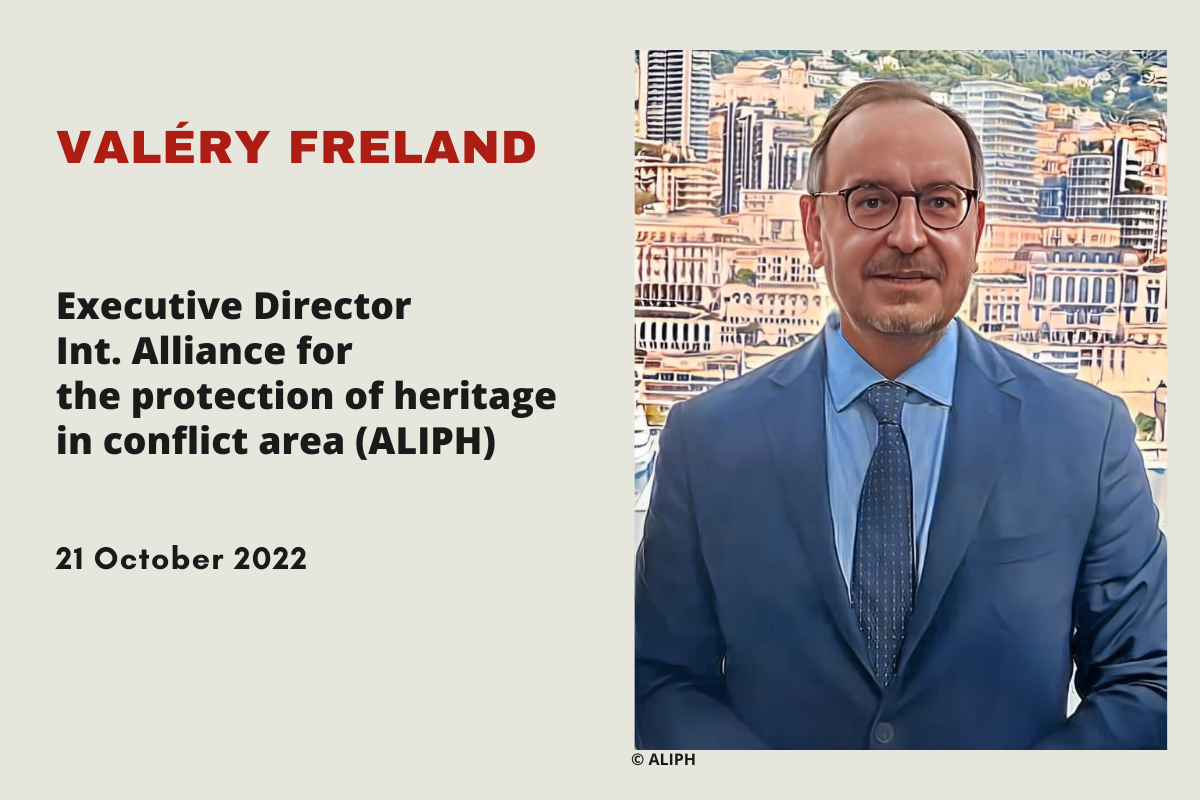The Interview | Valéry Freland
 |
How would you present your organization in a few words? What entails your position? What is your goal? |
ALIPH is a young organization exclusively dedicated to supporting heritage protection projects on the ground in conflict areas. ALIPH was created in 2017 in Geneva following the massive destruction of cultural heritage in the Middle East and the Sahel; it is the result of the international community coming together to respond to those acts of brutality, We are a private Swiss foundation, with a staff of about fifteen. Our objective is to protect cultural heritage before, during, and after conflict, from museums, libraries and archives and their collections to sites and monuments, as well as intangible cultural heritage. We also help fight the illicit traffic of cultural goods.
Over the past four years, ALIPH has funded 160 projects in around 30 countries, as well as 250 projects under various emergency action plans. The first was launched in 2020 to help institutions in vulnerable countries weather the Covid-19 crisis; then, to stabilise and rehabilitate heritage sites damaged by the port explosion in Beirut; and in 2022to protect Ukrainian heritage. The Foundation has already committed over USD 50 million to heritage protection in countries in conflict.
What sets us apart is our single-minded focus for on-the-ground action and tangible results. “Action, action, action” is our motto. This reflects the mindset of the governments, and the growing number of private donors, that support us.
I have spent most of my career in cultural diplomacy; I left the United States where I was posted until September 2018 to join ALIPH as its Executive Director. My first mission was to get the organization up and running, with the help of an incredibly committed team and Foundation board, and the support of the Swiss authorities. The past four years are testament to the success of these efforts, and my goal today is to reinforce the foundation’s agility – illustrated by our current work in Ukraine – and its capacity to intervene where nobody else will, and sometimes taking on the role of operator.
 |
Among the concentration of actors in Geneva (IOs, NGOs, permanent missions, academia, and the private sector), who do you work with and how? |
The Foundation was created at the initiative of the governments of France and the United Arab Emirates, so one of my chief aims upon arriving in Geneva was to ensure it was fully integrated in the Geneva ecosystem, by developing close ties with two main groups of actors: the city's cultural institutions located on the lake's left bank and the United Nations agencies on the right bank.
We work closely with Swiss-based NGOs such as the Aga Khan Trust for Culture (AKTC), a prominent and truly remarkable actor in the field of heritage protection, which is rehabilitating several sites in Afghanistan with our support, and Fight for Humanity, a young organization that runs projects on the ground in North-East Syria. Of course, we also collaborate with a broad range of organizations in Geneva that have the capacity to deploy in conflict or post-conflict zones to protect at-risk cultural heritage, from cultural institutions to universities and NGOs. For instance, we are partnering with the Fondation Suisse de déminage and are in discussions with the International Committee of the Red Cross (ICRC) to identify possible synergies. Additionally, thanks to the rapid, efficient action taken by the city of Geneva and its museums, last spring, we were able to send 300 wooden crates to Ukraine to safeguard museum collections.
We are also in contact with several potential Swiss or Geneva-based donors. The Fondation Gandur pour l'Art already supports us. We hope to lay down deep roots in Geneva. Moreover, I would love to see Geneva and its residents take a sense of ownership and pride in ALIPH and the solidarity expressed through our work. That is why we regularly seek to publicize our presence here. In December 2020, for example, we flew ALIPH flags on the Mont Blanc bridge and in September 2022 we organized an open-air photo exhibition about our work, which is now travelling to Paris, Mexico, Riyadh, and beyond. I am immensely grateful to the city of Geneva for its unfailing support.
 |
What are the strengths and weaknesses of Geneva with regards to the development of your activity? |
Honestly, I see only advantages!
First, Geneva and Switzerland have implemented a remarkably effective policy to attract international NGOs. ALIPH started by signing a “headquarters agreement” with the Helvetic Confederation, which gives us the privileges and immunities of an international organization. That is a major advantage for us both financially and diplomatically. Also, International Geneva is very active and helpful – for instance to find a place to live!
Second, Geneva’s lifestyle is attracting a growing number of young international experts. How wonderful to be able to breathe in the fresh lake air every morning and go hiking or cycling through the countryside on weekends!
Last but not least, there are many actors in Geneva that we still need to identify and meet, and who might become future partners. The fact that we spent much of our first few years of existence in a pandemic didn't help, but we are now doing our best to catch up.
 |
|
That's a difficult question to answer when your main preoccupation is what your own organization will look like in five or ten years!
I believe multilateralism needs to be further strengthened – already a challenge today – and focus more on action on the ground. It has to be more results-driven. Organizations like ALIPH illustrate a new form of multilateralism – first pioneered in the 2000s by the Global Fund – that seeks to mobilize public and private donors to achieve a well-defined, shared objective. Agile, on-the-ground, and tangible are key concepts for ALIPH. Looking ahead 20 or 30 years, if we want to prevent the worsening of the divisions between and within nations, global governance may need to adopt the same guiding principles.
 |
|
Perhaps, "are you happy doing what you do?" The answer is yes, of course, because the only way to do good work is to love what you do! It's hard to be confronted daily by the suffering of people living in areas of conflict and violence. To see a city in ruins, like Mosul, which I’ve visited four times, or Beirut after the explosion. But when you can bring back a glimmer of hope, no matter how small, the satisfaction is huge. An example that comes to mind is the Khanenko Art Museum in Kyiv, whose building was partially bombed but whose collections, for which we had financed protective equipment this past summer, were saved. I will never forget the faces and words of so many Afghans, Lebanese and Iraqis when speaking about the cultural heritage they have lost or, more happily, recovered. Behind cultural heritage are the men and women whose livelihoods depend on it and who bring it to life. It's for these men and women that the ALIPH family is mobilized.
